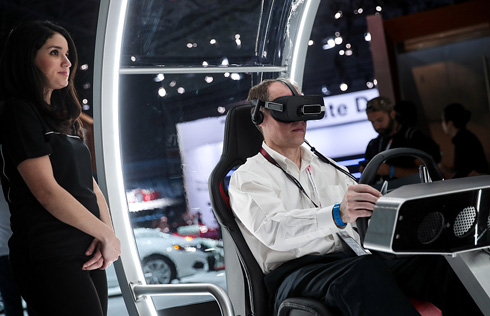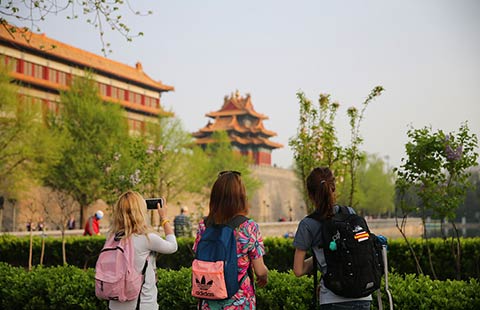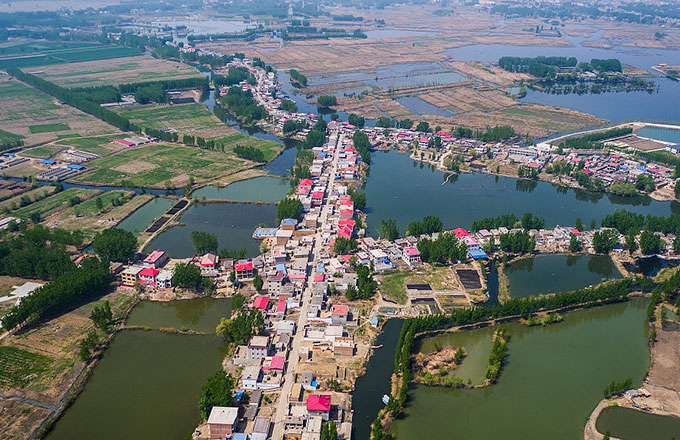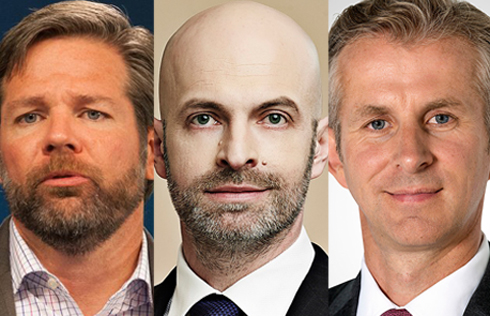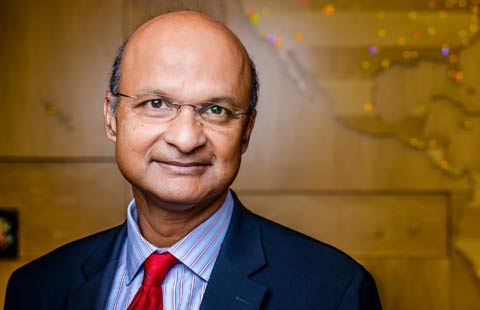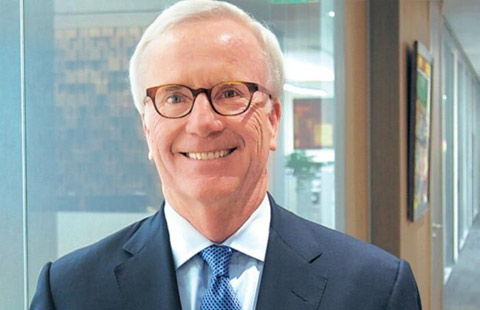R&D spree to find new growth engine
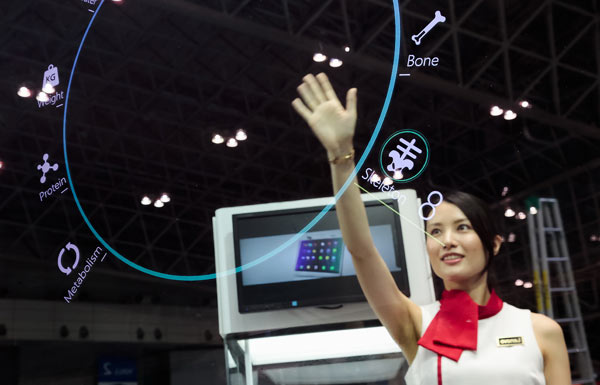 |
|
An exhibitor demonstrates Lenovo's prototype Think Mirror at an industry expo in Tokyo. [Photo provided to China Daily] |
Lenovo Group Ltd said it plans to pour $1.2 billion into the research and development of artificial intelligence, the internet of things and big data over the next four years-as the Chinese tech group scrambles to breathe new life into its PC, smartphone and other hardware businesses.
Chairman Yang Yuanqing said in an interview with Japanese news outlet Nikkei that the Beijing-headquartered company aims to find a new growth engine through heavy R&D investment and partnerships with global giants such as Google Inc and Amazon.com Inc.
The company is expected to unveil a new handset that comes with Amazon's voice recognition technology Alexa, and it now already sells a smartphone that uses Google's Tango augmented reality computing platform.
Lenovo, which controls 20 percent of the global personal computer market, has been struggling to revive its profits amid a shrinking demand for PCs and intensified competition with Huawei Technologies Co Ltd and Samsung Electronics Co Ltd in the smartphone sector.
But as the global artificial intelligence technology made significant progress in recent years, the Chinese company's chairman said his group realized that hefty investments into AI can help it reduce its reliance on PCs and raise the contribution of smartphones and other new business to 50 percent of total sales from the current 30 percent.
Yang said Lenovo planned to spend $6 billion in the next four years for R&D across all its business areas.
"Of that amount, more than 20 percent will go toward AI, big data and IoT," Yang said.
Lenovo on Monday confirmed the report to China Daily.
The major R&D initiative comes shortly after the company recruited top AI expertise to expand its research staffing levels.
Last year, it signed up Rui Yong, then deputy managing director at Microsoft Research Asia, to become its chief technology officer. Xu Feiyu, a well-known AI expert, also joined the company's newly established AI lab in March to lead related research.
Xiang Ligang, a hardware expert and CEO of telecom industry website cctime.com, said it usually takes several years of research before AI can be leveraged enough to boost existing business.
In the first quarter of 2017, total global PC shipments grew 0.6 percent to 603 million units, marking the first increase since 2012, market research firm International Data Corp estimated.






